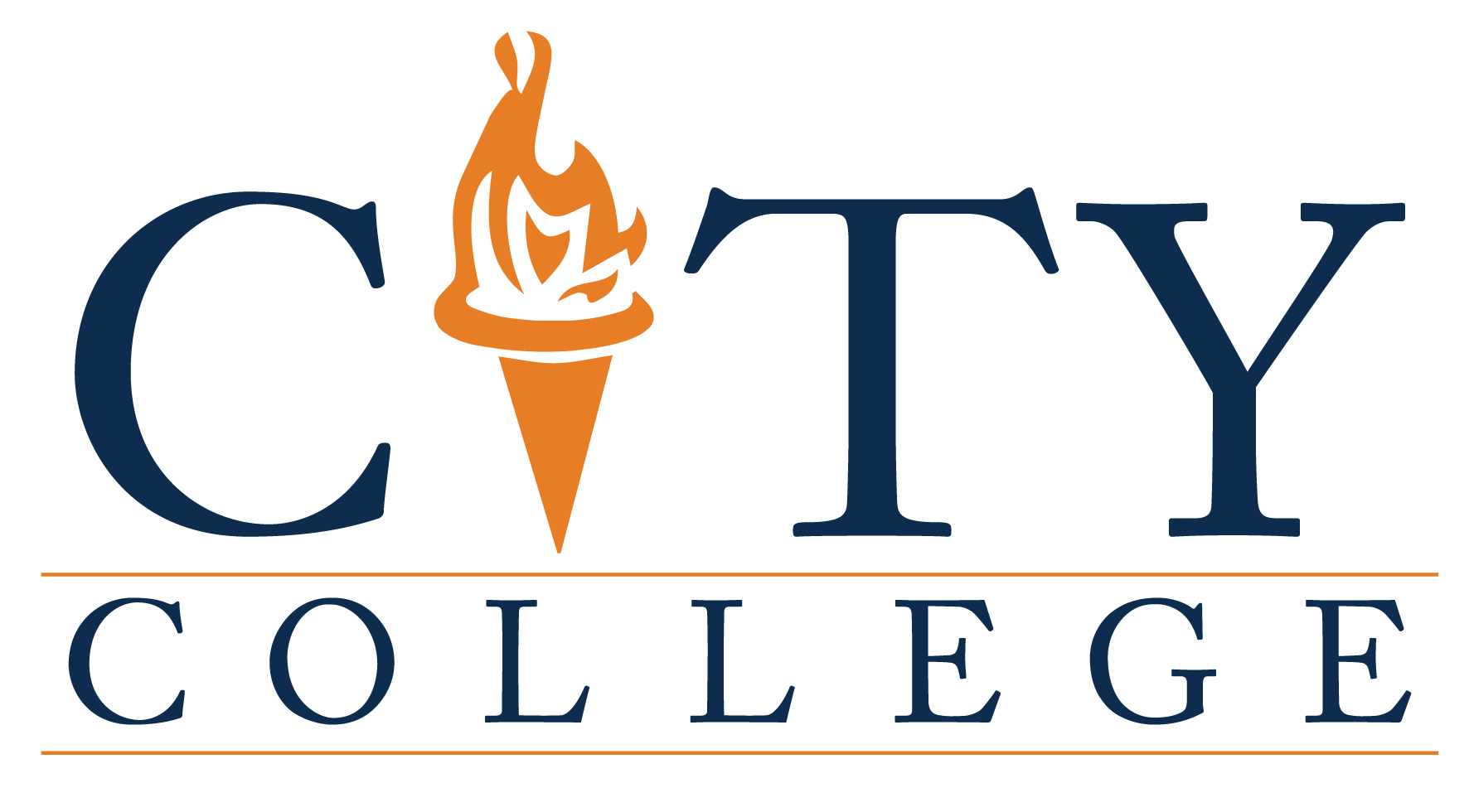
The 4 Entry-Level Healthcare Careers in Highest Demand for 2017
Entry-level healthcare jobs are great for serious students looking for a quick and rewarding career change. The field is growing faster than most others, which means there are thousands of opportunities for those with the right education and training. According to the U.S. Bureau of Labor Statistics (BLS), healthcare occupations are growing much faster than average job growth, adding positions at a rate of 19 percent. If you have been thinking about your future, you like making a difference and working with people, and you don’t want to spend years in school, consider some of these entry-level top healthcare careers.
Top Health Care Careers: Mental Health Technologist
According to Merritt Hawkins, the medical staffing company that collects and reports on demand in the medical industry each year, psychiatric services are in high demand. In fact, the report states that demand for psychiatric care is at an all-time high. This means that mental health technologists are also in demand.
What is a Mental Health Technologist?
Mental health technology, also known as psychiatric technology, is a career field for those interested in assisting psychiatrists and psychologists with patients. Mental health technologist duties may include:
- Observing and recording patient behaviors.
- Leading patients in therapeutic activities.
- Distributing medications.
- Admitting and discharging patients.
- Taking vital signs.
- Assisting patients with daily activities like dressing and bathing.
Mental health technologists often work in hospitals or psychiatric units, residential facilities for mental health or addiction treatment, or in outpatient treatment facilities.
Mental Healthcare Careers in Demand Now
The report that finds demand for psychiatric medicine at an all-time high records how often medical specialties are sought out by patients. Psychiatry tops the list and that means more workers are going to be needed in this industry to fill shortages in care. According to the BLS, several thousands of mental health technology positions will need to be filled in the next few years.
What it Takes to Work in Mental Health
To work as a mental health technologists, assisting psychiatrists requires some level of post-secondary education or training. An associate degree, which typically takes two years or less to complete, is usually enough to get into this high-demand health care career.
Salary Expectations
For 2016 the median annual salary for a mental health technologist was $27,670. The median hourly salary was $13.78. There is room to earn much more than the median in this career, though. The top ten percent of earners in the field made more than $59,960 in 2016.
Entry Level Healthcare Jobs in High Demand: Nurses and Nursing Assistants
According to several sources, including the Merritt Hawkins report and the U.S. BLS, nurses are in very high demand right now. Where more nurses are needed, nursing assistants can fill in the gaps. To become a nurse requires a degree, but a nursing assistant is a great entry-level position that can lead to a more advanced healthcare career as a nurse.
What Do Nurses and Nursing Assistants Do?
Nurses are responsible for an important amount of patient care in a variety of medical settings. They coordinate care, educate patients, communicate between patients and physicians, provide support, take medical histories, administer medications, and even perform tests and diagnostics.
Nursing assistants help nurses do their jobs and better provide care and support for patients. They take care of patients by assisting with bathing, dressing, and other aspects of hygiene. The help move and make patients comfortable, measure vital signs, and record patient symptoms and communicate them to nurses.
Why Nursing is One of Several Top Healthcare Careers
According to the BLS, both nursing and nursing assistants are high demand healthcare careers and are growing much faster than average job growth. Nursing is growing by 16 percent, with over 400,000 new positions expected by 2024. Nursing assistance is growing by 17 percent, with nearly 300,000 positions expected to be open in that time period.
Educational Requirements
Nursing assistants require some level of training after high school, such as a diploma in nursing, and usually must pass a state certification exam. It’s easy to get into entry-level nursing this way, but what you may not realize is that with just a two-year associate degree and a passing score on a state exam, you can actually become a registered nurse.
Salary Expectations
Nursing assistants made a median salary of $26,590 per year and $12.78 per hour in 2016, but the top earners in the field made more than $40,000 per year. Last year nurses earned a median annual salary of $68,450 and an hourly wage of $32.91. The top ten percent of nurses earned more than $102,990 per year.
Healthcare Careers in Demand: Paramedics and Emergency Medicine
Unemployment among qualified paramedics and emergency medical technicians (EMTs) is only 1.3 percent. The demand is high for these trained workers, with nearly 60,000 new positions expected to be available over the next several years. Emergency medicine is exciting and rewarding work and it doesn’t require a four-year degree to get into this top healthcare career.
What EMTs and Paramedics Do
The work that EMTs and paramedics do is so important. These are the professionals that arrive on the scene, sometimes even before police or firefighters, to help care for people who are hurt or sick. Some of the job duties of these emergency medical first responders include:
- Responding to 911 calls by providing emergency medical care.
- Assessing the condition of a patient and deciding on treatment.
- Transporting patients in the ambulance.
- Transferring patients from one medical facility to another.
- Communicating with nurses and doctors about patients.
- Documenting medical care.
The work that people in this high-demand field do is exciting, fast-paced, and may be stressful. The rewards are high, though, and this is a career in which it is typical to save lives every day on the job.
EMTs and Paramedics are Entry Level Healthcare Jobs in Demand
Emergency medicine is one of the fastest growing careers in all of medicine. Careers for EMTs and paramedics are growing at a rate of 24 percent, much faster than the average for all jobs. There are expected to be 58,500 new positions for trained emergency medical caregivers in the next several years.
Education Requirements
To work as a paramedic or EMT does require being licensed, but the educational requirements are not steep, making this one of the best of all the high demand entry level healthcare jobs. Some programs for EMTs and paramedics issue diplomas while others result in an associate degree, but for either it should take no more than two years to be prepared to enter the field.
Salary Expectations
In 2016 the median salary for EMTs and paramedics was $32,670 per year and $15.71 per hour, with a lot of room to earn more with experience. The top ten percent of earners in the field made more than $56,000 last year.
Top Healthcare Occupations: Medical Assisting
Medical assisting is a very hot entry-level medical career right now. Hospitals, doctor’s offices, and other types of medical facilities need these entry-level professionals more than ever before. Growth in the field is much faster than average and getting into it does not require a four-year degree.
What is a Medical Assistant?
A medical assistant is someone who takes care of both administrative and clinical tasks in a medical setting. This means that they may work behind the desk organizing files, taking calls, and arranging appointments. They may also work directly with patients, taking vital signs, recording symptoms, keeping files up to date, administering medications, and assisting doctors and nurses.
High Demand in Healthcare for Medical Assistants
The demand for medical assistants is high, with growth that is much faster than the average job growth. Over the next several years the field is expected to grow at a rate of 23 percent and to add more than 138,000 new jobs. The demand for trained medical assistants echoes the overall demand for more healthcare workers.
Education Requirements
Medical assistants typically earn a diploma, certificate, or associate degree. In some states licensing or certification is also required after training. Most programs take no more than two years to complete, so starting out in this exciting and in demand healthcare career is quick and rewarding.
Salary Expectations
Medical assisting is an entry-level healthcare job that has a great earning potential. In 2016 the median annual salary was $31,540 and the median hourly wage was $15.17. Those earning the most in the field made more than $45,000 in 2016, so there is plenty of room for growth for entry-level medical assistants.
When you’re ready to get into the exciting and in-demand field of healthcare, consider all of your educational options. Most of these entry-level jobs only require a one to two-year program, which means you can get into your job of choice faster. Healthcare degrees and certificates won’t take you long to earn, but will provide you with lifelong skills and a great career.
RECENT POSTS
- Discover the Potential of a Healthcare Career: Your Path to Making a Difference 22nd August, 2023
- Embarking on a Rewarding Journey: Why You Should Consider a Career in Nursing 14th August, 2023
- 8 Signs a Healthcare Career is the Right Path for You 17th May, 2023
- Risk of Radiation in Radiography (X-Ray) 26th April, 2023
- EMS, EMT, & Paramedic: Career Differences Explained 15th February, 2023
- Mass Casualty Incident Drill with the Central Florida Disaster Medical Coalition 10th May, 2022
- Broward Sherriff's Office EMS Fire Cadet Presentations 25th January, 2022
- Veteran's Day 2021 12th November, 2021
- City College Celebrates Constitution Day! 17th September, 2021
- EMS 20th January, 2020


